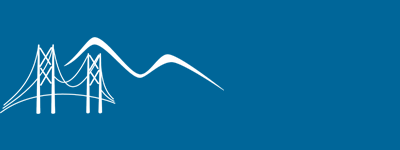Distinguished Lecture: “Noise Performance challenges for MOS devices at nanoscale”
Prof. Renuka P. Jindal, Eminent Scientist & Chief Technology Officer, Vanderziel Institute of Science and Technology, LLC
Organizer:
Electron Devices Society Chapter
Thursday, October 19, 2:00 pm – 3:00 pm, Online and in Room: ASB 10704, Bldg: Applied Science Building, SFU, 8888 University Dr., Burnaby, V5A 1S6.
After the first demonstration of the MOSFET in 1960 at Bell Laboratories, the understanding of its intrinsic noise mechanisms quickly followed. However, the poor sensitivity of integrated lightwave receivers could not be explained based on the above analyses. To understand and push these limits of the then-nascent MOS technology, discovery and understanding of a host of extrinsic noise mechanisms was actively pursued at Bell Labs. In this presentation, a physical understanding of both intrinsic and extrinsic noise mechanisms in an IGFET is developed.
Renuka P. Jindal joined Bell Labs, Murray Hill, New Jersey following his Ph.D. from the University of Minnesota in 1981. His pioneering research in submicrometer-MOS devices produced a tenfold noise suppression, making MOS technology ideally suited for fibre optics and wireless communications. Dr. Jindal demonstrated single-chip silicon gigahertz-band RFICs and invented novel devices and circuits using finite-medium-avalanching and enunciated the principle of random-multiplication.
Read more and register…
|





 The Vancouver Section is pleased to announce that Dr. Mazana Armstrong will be the keynote speaker for our IEEE Day celebration to be held on Oct. 3rd, 2023. Dr. Armstrong’s presentation will focus on the history of the Vancouver Section Monument, its unique design and its artist creator.
The Vancouver Section is pleased to announce that Dr. Mazana Armstrong will be the keynote speaker for our IEEE Day celebration to be held on Oct. 3rd, 2023. Dr. Armstrong’s presentation will focus on the history of the Vancouver Section Monument, its unique design and its artist creator. Members, guests and friends of the Vancouver Section gathered on August 26th at KPU’s Surrey Campus to bask in the summer sunshine, socialize and enjoy food and drinks in a picnic setting.
Members, guests and friends of the Vancouver Section gathered on August 26th at KPU’s Surrey Campus to bask in the summer sunshine, socialize and enjoy food and drinks in a picnic setting.